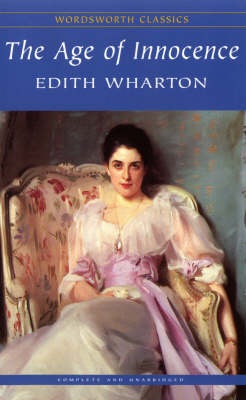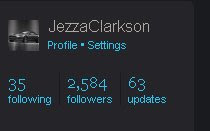
I woke up about a month ago and realized something shocking: I hadn't read any literary fiction in more than a month.





 What to do with all those rejection slips? I know—bathroom wallpaper, bird nest offering, papier-mâché craftastic something-or-other, ugh. Or, you could send ANY 10 of those hoarded rejections (I know you're saving them for some sadistic reason because I am too) to Marginalia with $1 and receive an (almost free!) issue of Marginalia Magazine for your perusal. It's like positive publishing karma. Thanks to Brevity for the tip.
What to do with all those rejection slips? I know—bathroom wallpaper, bird nest offering, papier-mâché craftastic something-or-other, ugh. Or, you could send ANY 10 of those hoarded rejections (I know you're saving them for some sadistic reason because I am too) to Marginalia with $1 and receive an (almost free!) issue of Marginalia Magazine for your perusal. It's like positive publishing karma. Thanks to Brevity for the tip.
 Over at Slog they're keeping the spirit of poetry alive by publishing bus-related poems written by their faithful readers in a new column called, Midnight Bus Poetry. Check out posts by Paul Constant for poems—which may not be highbrow but certainly are highly amusing!—about the bus riding experience. And if you're inspired, why not submit your own? Poems need to be 50 words or less and should be emailed to poetryonbuses@thestranger.com. Winners appear here and on the Slog Blog. Enjoy!
Over at Slog they're keeping the spirit of poetry alive by publishing bus-related poems written by their faithful readers in a new column called, Midnight Bus Poetry. Check out posts by Paul Constant for poems—which may not be highbrow but certainly are highly amusing!—about the bus riding experience. And if you're inspired, why not submit your own? Poems need to be 50 words or less and should be emailed to poetryonbuses@thestranger.com. Winners appear here and on the Slog Blog. Enjoy!





 What place do you think the environment has or should have inside literature? Any favorite nature writers?
What place do you think the environment has or should have inside literature? Any favorite nature writers?Ah, the rollercoaster world of The Writer; perilous, torturous, and (hopefully) gifted with the occasional smattering of giddy, sentence-spinning glee.
Being a hideously lazy waste of space, I'm not, nor ever will be, a 'writer'. At best, I'm 'someone who sometimes writes things that I don't have to'. Every now and then I'll wonder how I managed to spend all of Saturday's glorious daylight hours in front of my computer, churning out what only amounts to a couple of pages worth of shite, but most of the time I'm engaged in far less noble endeavours, like, I dunno, reading the paper, or the back of a cereal packet (good god, that’s a lotta sugar).
Today I stumbled across yet another fascinating Guardian piece (they should probably start paying me for all this unsolicited promo): 'Writing for a living: a joy or a chore?' and thought it might be nice to share it with you all, just in case anyone else out there might feel vaguely heartened that it's okay not be overwhelmed with frantic ecstasy with every word they type.
Here's someone else saying what I was trying to say, only with a lot more eloquence and authority:
"I get great pleasure from writing, but not always, or even usually. Writing a novel is largely an exercise in psychological discipline – trying to balance your project on your chin while negotiating a minefield of depression and freak-out. Beginning is daunting; being in the middle makes you feel like Sisyphus; ending sometimes comes with the disappointment that this finite collection of words is all that remains of your infinitely rich idea. Along the way, there are the pitfalls of self-disgust, boredom, disorientation and a lingering sense of inadequacy, occasionally alternating with episodes of hysterical self-congratulation as you fleetingly believe you've nailed that particular sentence and are surely destined to join the ranks of the immortals, only to be confronted the next morning with an appalling farrago of clichés that no sane human could read without vomiting. But when you're in the zone, spinning words like plates, there's a deep sense of satisfaction and, yes, enjoyment…" (Hari Kunzru)